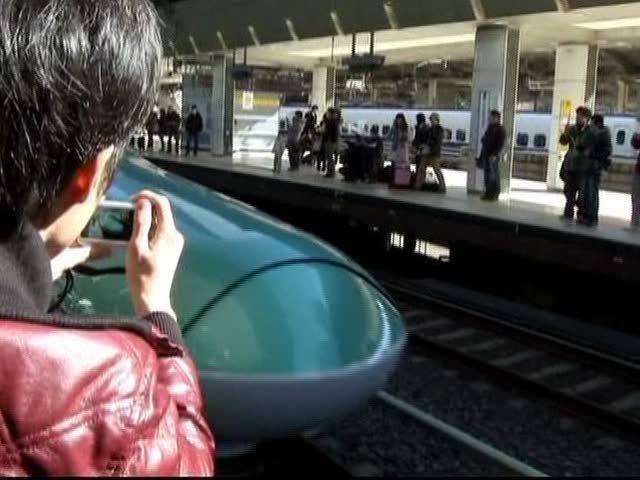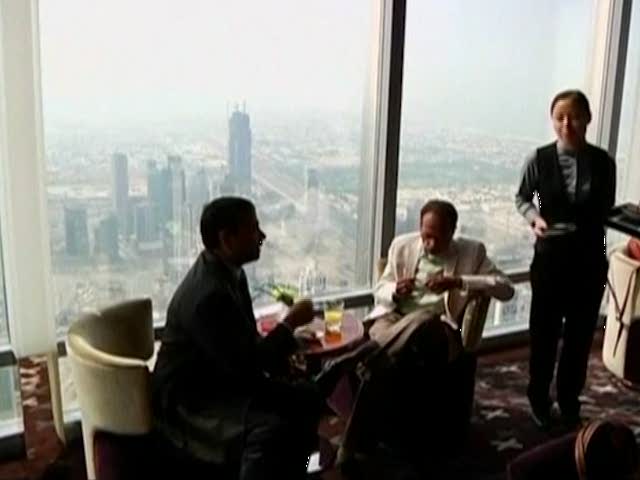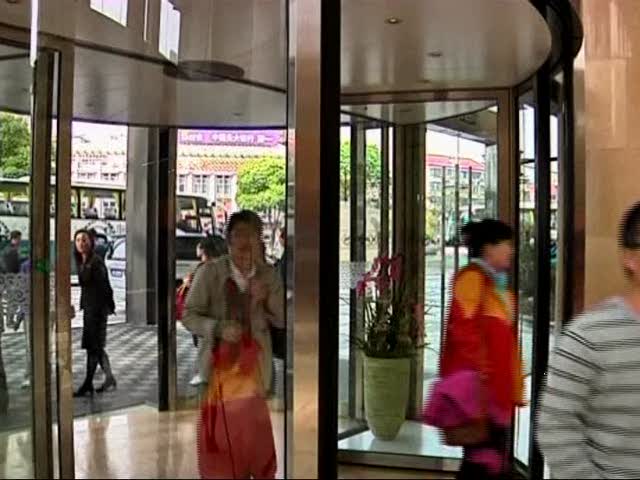Microsoft's strategy toward venture investing these days can be summed up in a word: Don't.
Published:
8 May 2004 y., Saturday
After making several venture capital investments in the 1990s, the Redmond, Wash.-based behemoth now largely eschews taking equity stakes in start-ups, according to Dan'l Lewin, corporate vice president of .Net business development at Microsoft and the company's point person in Silicon Valley.
Currently, Microsoft has investments in only about three or four small companies, he said. One is Groove Networks, founded by Lotus Notes creator Ray Ozzie. Microsoft also recently placed $1 million with Nanochip, which is concocting a new type of nonvolatile memory.
That level of investment is "insignificant. It is more the exception than the rule," Lewin said during a meeting with reporters, adding that the company made a "meaningful number" of investments in the past.
Information on Microsoft's investor relations Web site underscores the change. Between 1996 and 1998, the company made about 11 investments a year in start-ups and in established companies such as Apple Computer. In 1999, the number shot up to 39, and the following year reached 41. But in 2002 and 2003, only one investment was made each year.
Instead, the company tries to bootstrap rising stars by providing technical support and marketing help.
The shift, which started in 2000, mixes diplomacy and practicality. Venture investments can bring potential conflicts of interest. Start-ups can feel compelled to disclose intellectual property prematurely, and the funding can lead to discord in existing partnerships.
Besides, the amount Microsoft or other large companies contribute through their venture programs can be insignificant over the long run.
Šaltinis:
CNET News.com
Copying, publishing, announcing any information from the News.lt portal without written permission of News.lt editorial office is prohibited.
The most popular articles
 Most EU countries continue to meet deadlines for incorporating single market rules into national law, contributing to economic growth and job creation.
more »
Most EU countries continue to meet deadlines for incorporating single market rules into national law, contributing to economic growth and job creation.
more »
 Japanese officials unveil their new bullet train, capable of travelling at speeds of 320 km per hour (198 miles per hour).
more »
Japanese officials unveil their new bullet train, capable of travelling at speeds of 320 km per hour (198 miles per hour).
more »
 The first International Security Technology Exhibition, KIPS 2011, will be held on 23-26 February 2011 in Kiev (Ukraine). The motto of the exhibition is ‘There can never be too much security!’
more »
The first International Security Technology Exhibition, KIPS 2011, will be held on 23-26 February 2011 in Kiev (Ukraine). The motto of the exhibition is ‘There can never be too much security!’
more »
 The world's highest restaurant opens in Dubai, United Arab Emirates, located 400 metres above ground in Burj Khalifa, the world's tallest tower.
more »
The world's highest restaurant opens in Dubai, United Arab Emirates, located 400 metres above ground in Burj Khalifa, the world's tallest tower.
more »
 The rights of consumers will be clarified and updated, whether they shop at a local store or buy goods on line, under new EU rules as amended by the Internal Market Committee on Tuesday.
more »
The rights of consumers will be clarified and updated, whether they shop at a local store or buy goods on line, under new EU rules as amended by the Internal Market Committee on Tuesday.
more »
 MEPs on Wednesday gave their green light for the Council to conclude an Interim Economic Partnership Agreement with Papua New Guinea and Fiji, two countries of the Pacific Region with significant exports to the EU.
more »
MEPs on Wednesday gave their green light for the Council to conclude an Interim Economic Partnership Agreement with Papua New Guinea and Fiji, two countries of the Pacific Region with significant exports to the EU.
more »
 Report sets 10 priorities for tackling the bloc's main economic challenges, launching the first ever ‘European semester'.
more »
Report sets 10 priorities for tackling the bloc's main economic challenges, launching the first ever ‘European semester'.
more »
 China's first capsule hotel ready to open its doors in Shanghai, aims to capture slice of booming leisure budget travel market.
more »
China's first capsule hotel ready to open its doors in Shanghai, aims to capture slice of booming leisure budget travel market.
more »
 Declaration by Michel Barnier on the start of three new authorities for supervision.
more »
Declaration by Michel Barnier on the start of three new authorities for supervision.
more »
 On 1 January, Estonia adopted the euro as its official currency and the changeover is running smoothly and according to plan.
more »
On 1 January, Estonia adopted the euro as its official currency and the changeover is running smoothly and according to plan.
more »